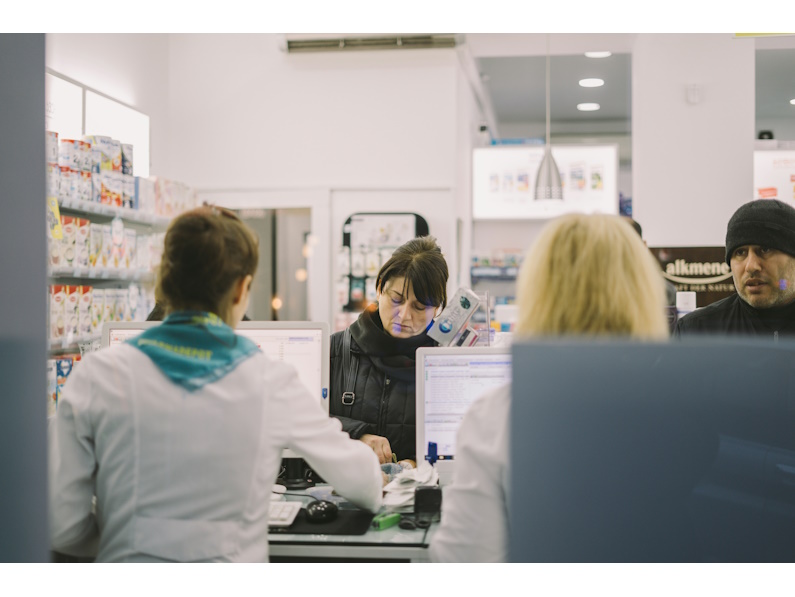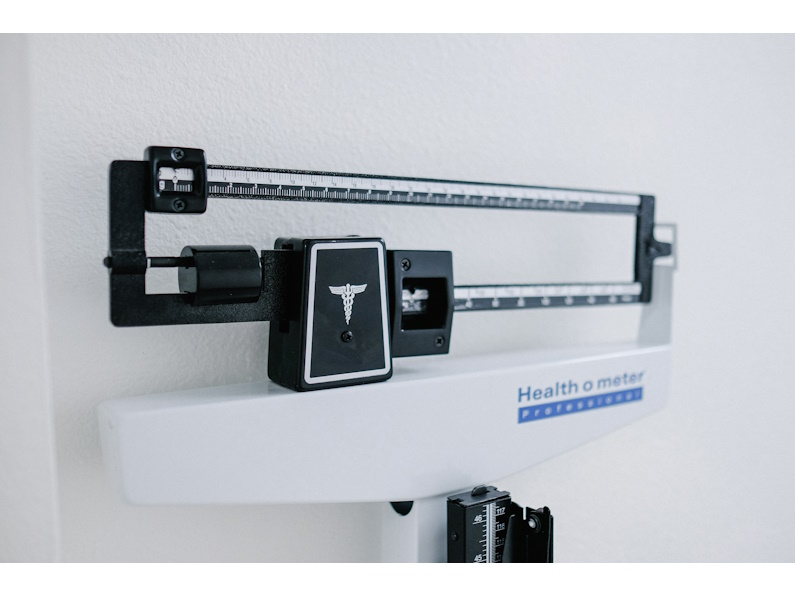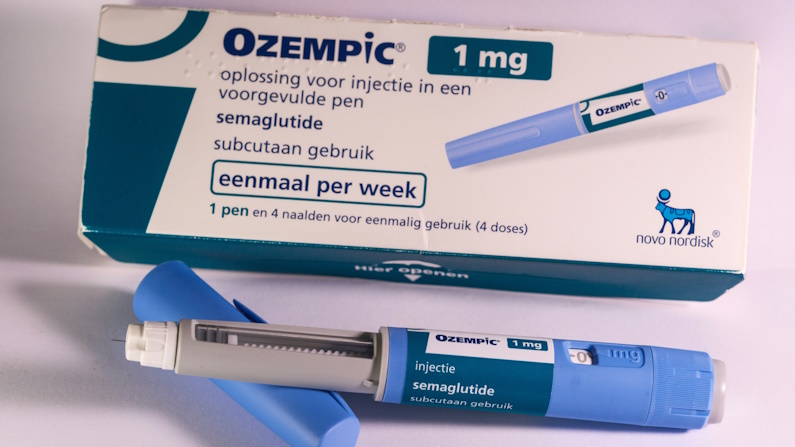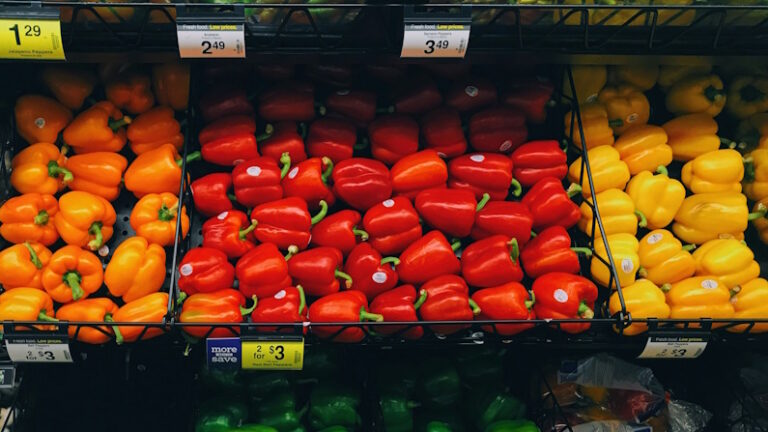Americans are still looking for medications for weight loss from pharma companies Eli Lilly and Novo Nordisk, two giants that provide the latest obesity drugs. Though it sounds simple, many are gaining frustration. This is due to high drug costs, lack of availability, and insurance coverage hurdles. Healthcare providers and patients are claiming that dealing with prescriptions is a headache.
Grappling with these challenges, some are turning to cheaper versions of the medication online. As appealing as that may be, it raises concerns about safety and efficacy. But the allure of lower prices is strong, especially when faced with navigating insurance red tape or waiting for medicine that may not be available at the local pharmacy.

Demand for an Obesity Drug
Just last week, Lilly lost a surprising $1.5 billion in sales for obesity drug Zepbound and diabetes medicine Mounjaro. Investors are concerned that this might signal a shrinking demand for these products. They’re watching for similar trends from Novo on its diabetes drug Ozempic and weight-loss medicine Wegovy.
Lilly thinks this happened because they have a shortage of their two drugs, which both share the same active ingredient. Meanwhile, distributors are still managing their existing supplies based on previous orders, instead of ordering more, which also affects availability. Lilly has been cautious with advertising Zepbound during this period—another potential cause for seemingly dampening demand.
In reality, eight U.S. obesity specialists have shared that they’re still facing intense demand for the medications for weight loss. Patients are eager to find solutions, but unsuccessfully when it comes to insurance coverage reaching over $1,000 per month. Patients are also struggling to find the right doses at pharmacies, leading them to search elsewhere for availability.
According to Dr. Eduardo Grunvald, an obesity drug physician at the University of California San Diego, the 0.25 mg dose of Wegovy and the 10 mg dose of Zepbound are unavailable today. “It really depends on the dose and the day,” he says. Even when medications like those from Novo and Lilly are technically available, there’s no guarantee that you can fill your prescription at your local pharmacy right away.
Copycats and Competitors
It’s possible Lilly is trying to get their drugs removed from the FDA’s shortage list, without resolving supply issues. This move is aimed at curbing compounders from creating copycat versions of their drugs. This is something U.S. regulations allow when brand-name medicines are on the shortage list. In fact, they allow compounders to distribute them in bulk to meet demand.
Lilly and Novo hope to remove their drugs from the shortage list to curtail competition from online pharmacies. Copycats, like Hims & Hers and Noom, offer cheaper versions of Wegovy and Zepbound. But the compounded market is hard to pin down, since sales aren’t tracked traditionally, nor covered by insurance either.
BMO analyst Evan Seigerman estimates up to two million Americans could be using a compounded version of an obesity drug.

So, while there’s no doubt that people want these medications, supply chain issues and marketing strategies are complicating things right now. The situation highlights a significant gap between demand and accessibility, and it’s clear that finding a solution is more urgent than ever. The demand is there; it’s just disheartening that access remains such a significant hurdle for so many who are looking for effective weight-loss solutions.







